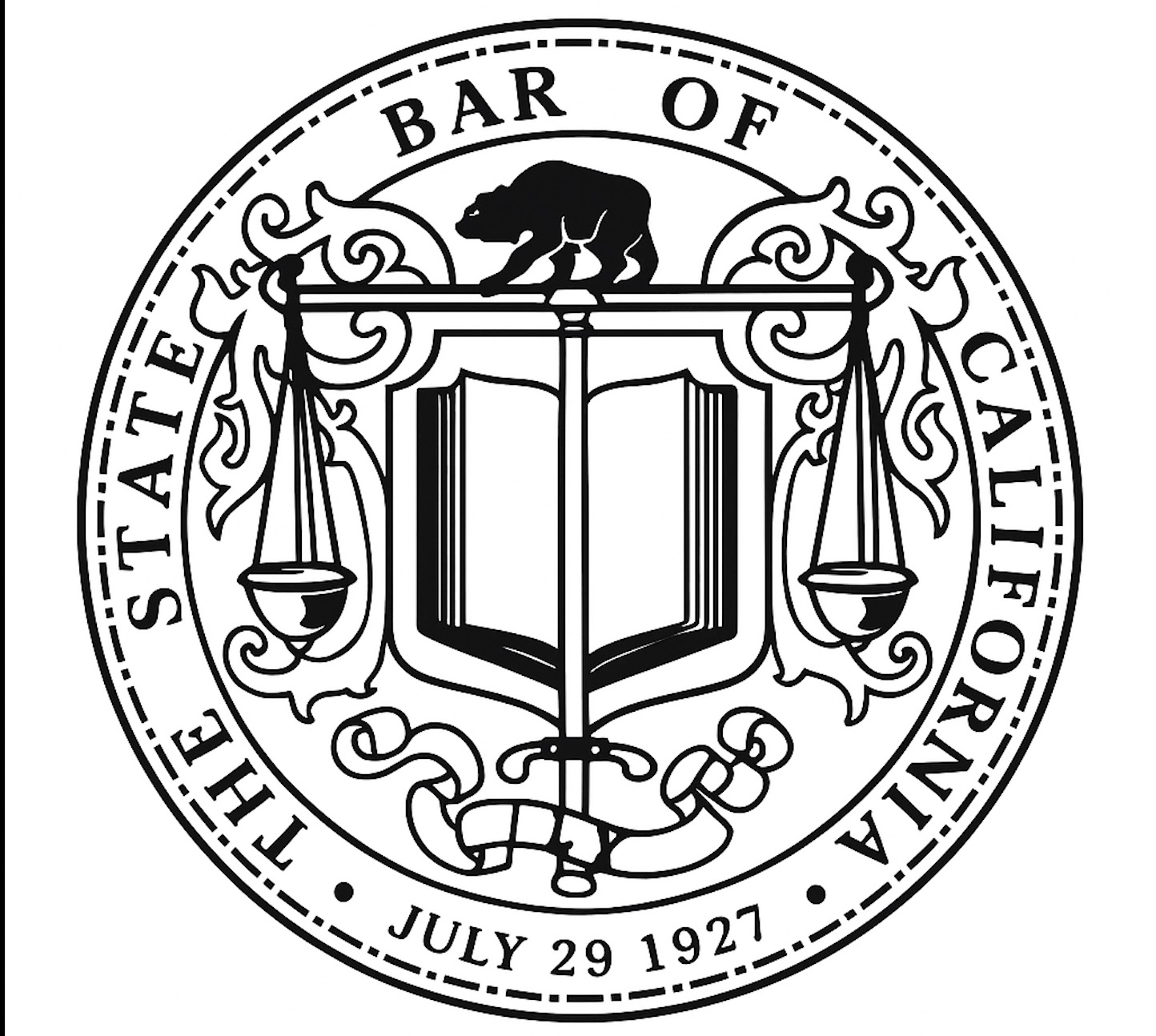7 Things You Didn’t Know About California Subpoena Rules

Subpoenas are one of the most powerful tools in legal proceedings. They can compel witnesses to testify, force businesses to produce records, and secure the evidence needed to win a case. A subpoena is a legal document, and in California, its issuance and enforcement are governed by specific provisions of the California Government Code. But California subpoena rules are more complicated than many people realize. These rules are established under the California Government Code.
Here are seven things you may not know about how subpoenas work in California — and why working with a qualified attorney or professional process server can make the difference between a valid subpoena and one that gets thrown out.
1. Not All Subpoenas Are the Same
In California, there are several types of subpoenas, and knowing the difference matters:
- Subpoena ad testificandum – Requires personal testimony in court or at a deposition.
- Subpoena duces tecum – Requires the recipient to produce documents, such as contracts, business records, or medical records. Subpoenas duces tecum are commonly used in California legal procedures.
- Deposition subpoena – Allows attorneys to demand testimony or records before trial.
A valid subpoena must include all relevant details, such as a clear description of the documents or testimony required.
A subpoena duces tecum issued under California law must comply with specific rules under the California Code of Civil Procedure and Evidence Code, including timelines and notice requirements. In California, only certain individuals and entities, such as attorneys of record and court clerks, are authorized to issue subpoenas.
2. Personal Service Is Usually Required
Most subpoenas must be personally served — meaning delivered directly to the intended recipient by hand. Personal delivery ensures the subpoena reaches the correct person served, confirming the identity of the individual who must respond.
- The person serving must be at least 18 and not a party to the case.
- A qualified process server or professional process server is often hired to ensure the subpoena is properly served.
- Personal delivery is the preferred method of service and involves directly handing the subpoena to the person served, or, if that is not possible, leaving it with someone at their residence or workplace to maintain legal effectiveness.
- In some limited cases, mail service may be allowed if the recipient signs an acknowledgment or if the law specifically permits it.
It is important to verify receipt of the subpoena to ensure proper service, such as obtaining acknowledgment or identifying information from the person served.
If the subpoena is not properly served, the recipient has no legal obligation to comply, highlighting the critical services provided by process servers in this process.
3. Subpoenas for Personal Records Have Extra Safeguards
When a subpoena seeks personal records — such as medical records or a driver’s license number or a motor vehicles identification number — California law imposes additional protections:
- The party requesting the records must give a written notice requesting the documents to the affected person.
- The subpoenaing party must allow reasonable notice (at least 10 days) before production.
- Sensitive information such as motor vehicle identification numbers or medical files may require redaction.
There are special considerations when subpoenaing sensitive or confidential records, as different types of subpoenaed records may have unique requirements to ensure proper handling.
These safeguards ensure compliance with privacy laws, including state evidence code protections, and proper handling of subpoenaed records.
4. Witness Fees Must Be Paid in Advance
If a subpoena requires someone to appear in court, the requesting party must pay witness fees up front.
- Standard fees include a daily attendance fee plus mileage reimbursement.
- Failure to tender fees means the person subpoenaed is not obligated to appear.
- For experts or professionals, additional compensation may be required.
This rule prevents abuse of subpoenas by ensuring witnesses are compensated for their time and expenses.
5. Proof of Service Is Essential
After serving a subpoena, the process server must complete a proof of service form that details:
- The date, time, and place of delivery.
- The name of the subpoenaed person.
- A statement confirming the documents were personally delivered.
Without a valid proof of service, the subpoena may be challenged as invalid. Courts require clear records to verify that the subpoena was legally served.
6. Subpoenas Can Reach Far Beyond Courtrooms
While many think of subpoenas as tied to courtroom testimony, California law allows them in a wide variety of legal proceedings:
- Civil actions such as contract or personal injury claims, where subpoenas are issued and served to compel the production of documents or records as part of the civil action process.
- Government agencies investigating regulatory violations.
- Business records disputes involving corporations or financial institutions. Responding to subpoenas for records in these cases may involve production costs, such as clerical work, copying fees, and third-party charges, which must be reasonable and may be subject to reimbursement.
- Employment matters, where subpoenas may compel HR files or payroll documents.
Parties may also receive subpoenas electronically, such as by email or fax, provided there is explicit or implied consent and proper verification of the recipient’s identity.
Because subpoenas carry the same force as a court order, failing to comply can result in contempt of court.
7. Common Mistakes Can Invalidate a Subpoena
Even experienced litigants make mistakes when serving subpoenas, such as:
- Delivering subpoenas to the wrong person or at the wrong address.
- Failing to provide reasonable time for compliance.
- Not attaching required written notice for personal records.
- Forgetting to verify that the witness acknowledges receipt.
- Omitting key identifying information in a subpoena duces tecum.
If a subpoena is not served correctly, courts may quash it — wasting time, money, and possibly harming the requesting party’s legal claims.
Who Can Serve a Subpoena? The Role of Qualified Servers

Serving a subpoena in California isn’t just about handing over paperwork—it’s about following strict California subpoena service rules to ensure the subpoena is legally enforceable. Under state law, a subpoena can be served by any individual who is at least 18 years old and not a party to the legal proceeding. This person is known as a qualified process server.
While technically anyone meeting these criteria can serve subpoenas, most attorneys and parties rely on a professional process server. Here’s why:
- Professional process servers are trained in the proper legal procedures for delivering subpoenas and other legal documents.
- They understand the nuances of subpoena service, including how to handle difficult recipients and document every step of the process.
- Using a professional ensures that the service of process is done correctly, reducing the risk of challenges that could invalidate the subpoena.
- They are familiar with serving all types of subpoenas, including subpoena duces tecum for business records or personal records, and can handle service in complex situations.
Whether you’re serving a subpoena for a court hearing, requesting someone to produce documents, or seeking testimony, working with a qualified process server helps ensure your legal documents are delivered in compliance with California law. This attention to detail can make all the difference in the outcome of your legal proceedings.
Why Subpoena Rules Matter

Understanding California subpoena service rules is critical for anyone involved in litigation. Whether you’re requesting evidence, defending against a subpoena duces tecum, or challenging a subpoena’s validity, small errors can have big consequences. Within organizations, the general counsel typically oversees subpoena compliance and has the authority to issue subpoenas, ensuring all legal and regulatory requirements are met.
That’s why attorneys often rely on professional process servers who know the nuances of civil procedure and the California Code. These professionals ensure subpoenas are delivered legally, deadlines are met, and clients’ cases move forward without procedural setbacks.
Final Thoughts
Subpoenas may seem like routine legal documents, but in reality, they are highly technical tools governed by strict rules.
From personal service requirements to witness fees and privacy safeguards, California law places numerous obligations on the party issuing and the party serving subpoenas.
If you’re facing a subpoena — whether as a recipient or the requesting party — consult an attorney familiar with California subpoena rules. Our legal counsel can ensure your subpoenas are enforceable, protect sensitive personal records, and help avoid costly mistakes.













